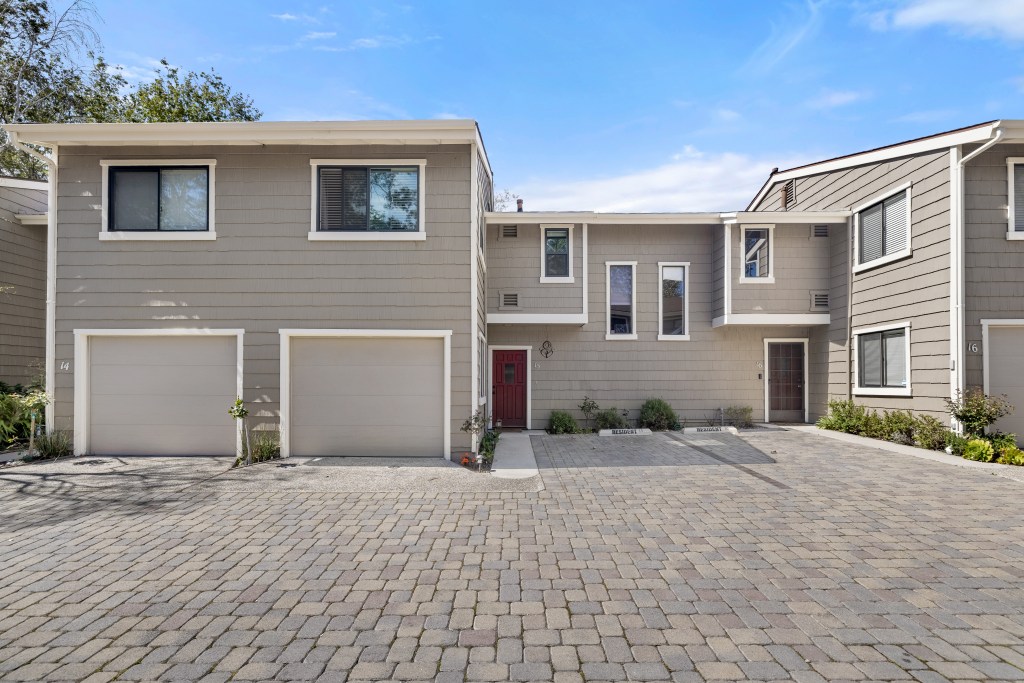Q: Marsha, I am about to make an offer on a condominium. Can you explain how the process works?
A: Congratulations on being ready to buy! It is one of the best decisions you’ll ever make. Condominiums are a huge and varied subject. I’ll give you quick overview.
When you buy a condo, you purchase into a community. Your community is called the homeowners association (HOA). Buying into a condo association is a form of shared ownership, and the HOA is like a family. You need to find out if this a functioning family or one badly in need of therapy.
The good news is you can discover the answer. Once you enter into a purchase contract, you are provided with the condo’s documents and disclosure package. The approval of these documents is part of your sale contingencies.
The first disclosure will include the plat maps (plats show how the land is divided into homes, roads, etc.) and the covenants, conditions, and restrictions (CC&Rs). These are the rules of the neighborhood. The CC&Rs will discuss fences, acceptable paint colors, rentals, parking, satellite dishes, and basketball hoops. It will talk about whether pets are allowed and, if so, how many, how big and what kind. In other words, all matters of communal concerns will be addressed. The CC&Rs help to create a copacetic and cooperative environment for all the inhabitants of the community.
Next, you will review the condominium’s articles of incorporation and the bylaws. In most cases, the HOA is a nonprofit corporation created to manage and govern the community. It’s overseen by an elected board of directors (usually composed of owners). The articles of incorporation contain the outlines of the association’s organizational structure. The bylaws are the set of regulations that the board is required to follow. They cover matters such as how often the HOA meets, the board’s duties, how the meetings are conducted, and how many people serve on the board and for how long.
Another part of the disclosure packet is the financial status of the HOA. You will see the yearly operating budget as well as a reserve analysis for future large expenses, such as a roof or repainting. Review these documents as well as the current financial statement.
Finally, you’ll review the minutes from the last 12 months of the board meetings. You’ll gain a lot of good insight into the inner workings of the HOA. This is where you begin to understand the culture and day-to-day life in the association. What is the hot-button issue? Trash, parking, barking dogs? Who is delinquent with their HOA dues? Is the board considering a special assessment not covered by the regular budget? Who seems to dominate the meetings? You will find the minutes are an essential disclosure to familiarize yourself with the community.
Be aware that your HOA is like a small government and not like most corporations. The HOA has the power to collect special assessments, issue fines for violations, and even foreclose if the homeowner fails to pay dues, assessments, or penalties. Go into this purchase with your eyes open. Read all the disclosures given to you. It can sound intimidating, but a well-run complex can be a delight to live in.
One last hint is to walk around the complex and talk to neighbors. Residents love to talk! Once you have reviewed the documents I mentioned and talked with the current neighbors, you will know if this condo community is the right fit for you.

